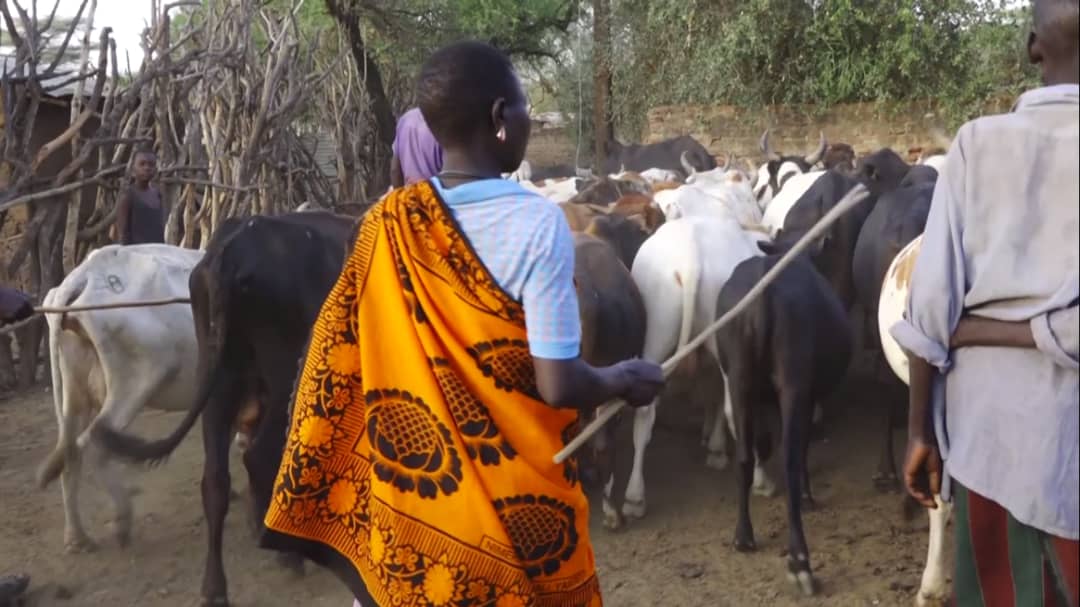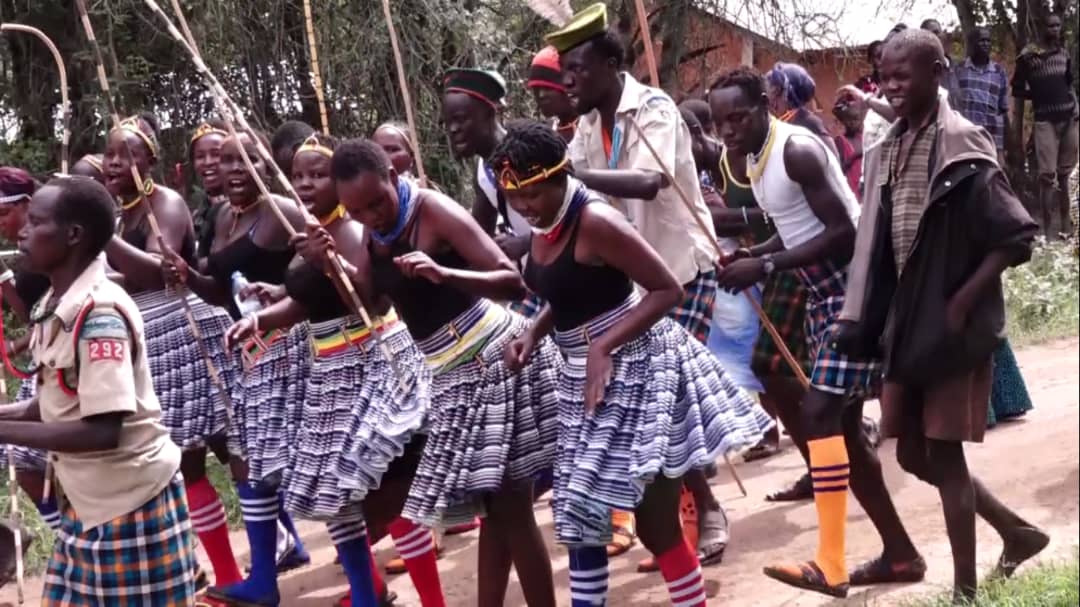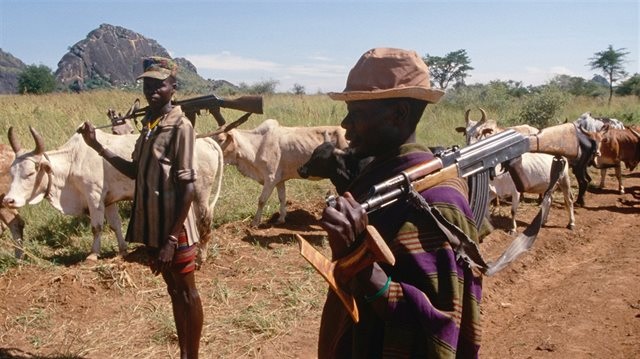The enduring legacy of pastoralism in Karamoja; Why govt support is crucial

Karamoja, a region in northeastern Uganda, has a rich history of pastoralism that spans centuries. For generations, the nomadic herders of Karamoja have roamed the vast plains and mountains, raising livestock and living in harmony with the land.
This traditional way of life has not only defined the culture and identity of the Karamojong people but also provided a vital source of livelihood for thousands of families.
Keep Reading
The history of pastoralism in Karamoja dates back to the 16th century when the Karamojong people migrated from present-day Ethiopia, bringing with them their expertise in animal husbandry and nomadic herding practices.
Over time, they developed a unique system of transhumance, moving their livestock between highland and lowland grazing areas to optimize pasture and water resources.
This traditional system has allowed the Karamojong to thrive in the harsh, arid environment of Karamoja, where rainfall is scarce and unpredictable.
Despite its importance, pastoralism in Karamoja faces numerous challenges, including climate change, land degradation, and competition for resources.
The government's efforts to modernize and commercialize agriculture have often overlooked the unique needs and practices of pastoralist communities, leading to policies that undermine their way of life.
However, supporting pastoralism in Karamoja is crucial for several reasons:
Food security: Pastoralism provides a vital source of protein-rich meat and milk for thousands of families, contributing significantly to regional food security.
Cultural preservation: Pastoralism is deeply ingrained in the culture and identity of the Karamojong people, and its preservation is essential for maintaining their heritage and traditional practices.
Environmental stewardship: The Karamojong have developed a symbiotic relationship with the land, using their knowledge and expertise to manage natural resources sustainably.
Economic growth: Supporting pastoralism can create jobs and stimulate local economic growth, particularly through the development of value chains for livestock products.
To support pastoralism in Karamoja, the government should:
1. Recognize and respect the rights of pastoralist communities to their land and resources.
2. Provide training and resources to enhance the productivity and resilience of pastoralist systems.
3. Develop policies and programs that address the unique challenges faced by pastoralists, such as climate change and land degradation.
4. Support the development of markets and value chains for livestock products, enabling pastoralists to access fair prices for their products.
In conclusion, pastoralism in Karamoja is a vital part of the region's history, culture, and economy.
By supporting this traditional way of life, the government can help preserve the cultural heritage of the Karamojong people, promote food security and environmental sustainability, and stimulate economic growth.
It is time for the government to acknowledge the importance of pastoralism and work towards creating an enabling environment for its continued success.
Generated by AI.



















